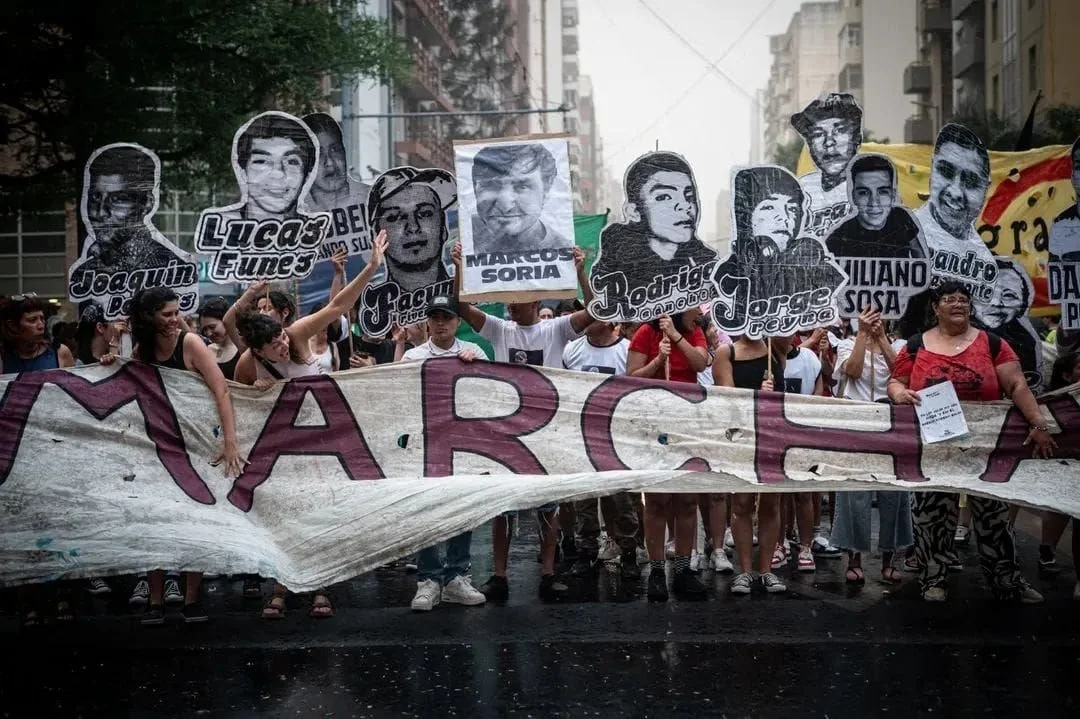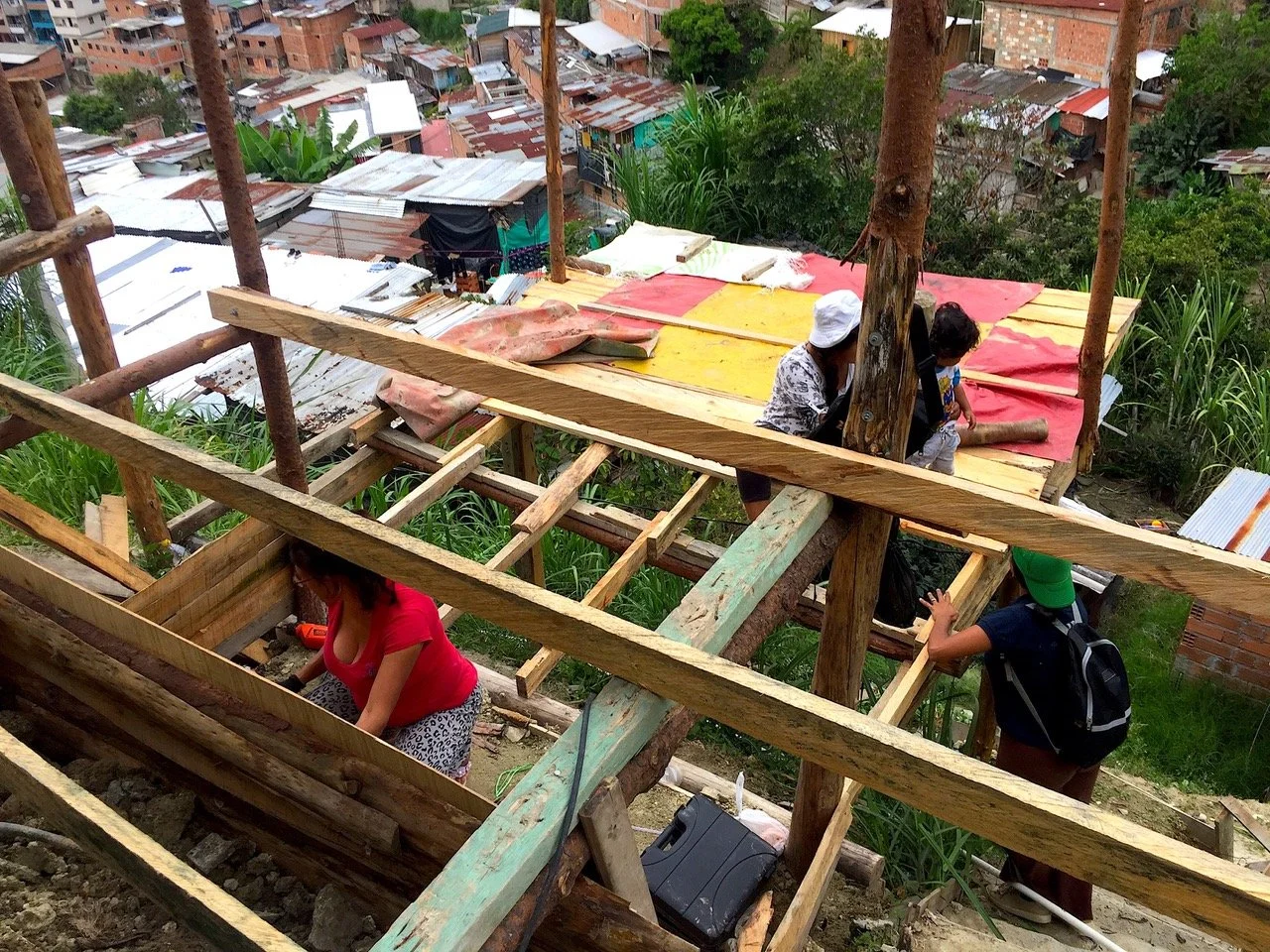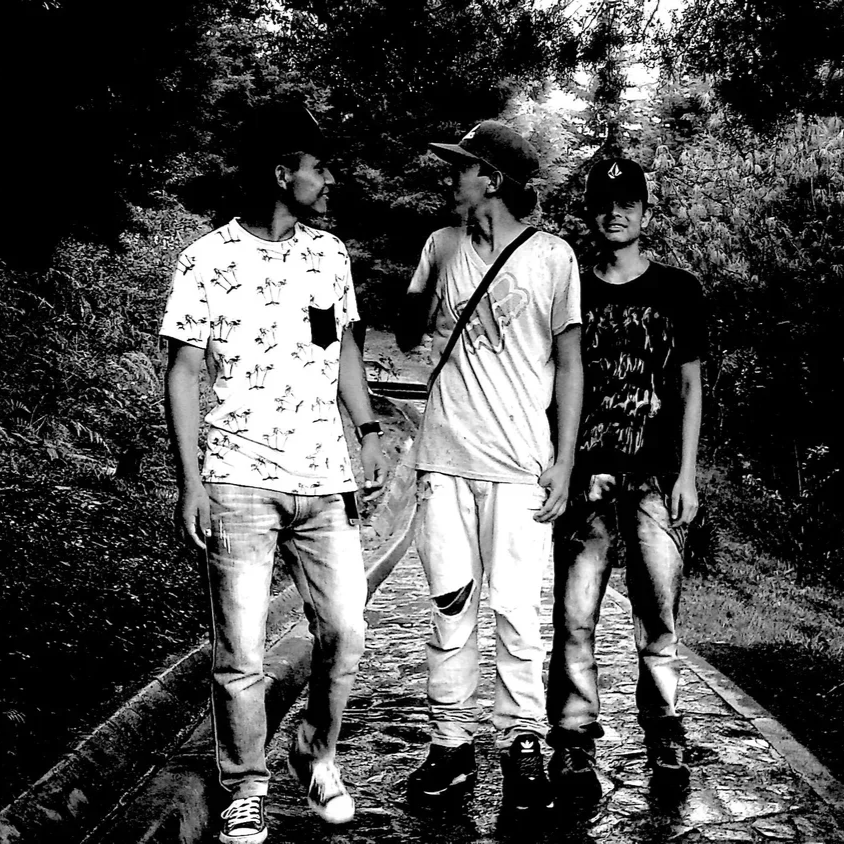Research
Juvenicide: Reframing the youth violence debate
My current collaborative project seeks to reframe the research and policy debate on ‘youth violence’ and reframe it around the concept of ‘juvenicide’. According to the WHO, youth aged 15-29 represent 40% of global homicide victims. Despite this staggering statistic, young people are still predominantly framed as perpetrators rather than victims of lethal violence. Paralleling the theoretical and legal conceptualisation of femicide, this project seeks to identify patterns of material and symbolic precarization of the youth population across several Latin American cities (San Salvador, Ciudad Juárez, Bogotá, Quibdó, São Paulo, Córdoba), seeking to identify and measure patterns in violence affecting youth, and produce a typology of juvenicide. This project is carried out in connection with the Colectivo Juvenicidio y Resistencias Sociales (JUVIR). It has been awarded funding by the Wenner-Gren Foundation, the Independent Social Research Foundation, and the Swiss Network for International Studies.
Informal housing, migration and criminal gangs
This recently concluded project (2023-2025), funded by the Swiss National Science Foundation and hosted at the Geneva Graduate Institute, ethnographically explored the housing experiences of Venezuelan migrants who live in one of the largest self-built informal settlements of Latin America, located in Medellín, Colombia. It explored the housing markets that migrants have access to in order to secure a place to live in this area, examining the emerging roles that criminal gangs play in housing market regulation, as well as the detrimental impact of state-led evictions and demolitions. As part of its action component, the project included a crowdfunding campaign developed in collaboration with local stakeholders aimed at financing the construction of a a school and community centre.
Youth engagement in Colombia’s drug economy
During my doctoral research (2014-2019) at the University of Oxford, funded by the UK Economic and Social Research Council, I ethnographically explored the lives of a group of adolescents implicated at the low-ends of criminal the criminal apparatus in and around Medellín, Colombia. My research shows that modern Colombian gangs are nothing like the the old-days, family-like protective groups. Rather, they are governed by an exploitative economy whereby low-level adolescents take all of the risk and enjoy none of the gains. I argue that adolescents working at the low-level of these modern gangs live in a condition of 'augmented precarity’, characterised by the compounded precarization of both their labor and their life. This work is forthcoming in an ethnographic monograph for NYU Press (forthcoming 2026).
Youth-led activism at the urban margins
Between January and April 2019 I conducted a visual ethnography project on the lives of young people who seek to build urban peace in marginal Medellín neighbourhoods. The project, funded by the Higher Education Innovation Fund and hosted at the University of Oxford, sought to investigate how some youth manage to develop alternatives to criminal engagement, and to showcase their demands for social justice. The project employed a series of creative audiovisual techniques, and resulted in five participatory films co-produced with young people on the ground, which were then used by them as advocacy tools.





